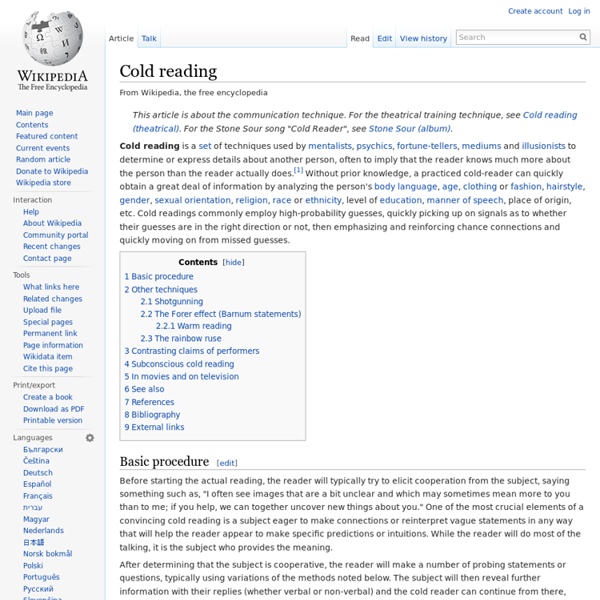How to Criticize with Kindness: Philosopher Daniel Dennett on the Four Steps to Arguing Intelligently
By Maria Popova “In disputes upon moral or scientific points,” Arthur Martine counseled in his magnificent 1866 guide to the art of conversation, “let your aim be to come at truth, not to conquer your opponent. So you never shall be at a loss in losing the argument, and gaining a new discovery.”
New drug curbs dementia’s delusions, researchers find
A drug that curbs delusions in Parkinson’s patients did the same for people with Alzheimer’s disease and other forms of dementia in a study that was stopped early because the benefit seemed clear. If regulators agree, the drug could become the first treatment specifically for dementia-related psychosis and the first new medicine for Alzheimer’s in nearly two decades. It targets some of the most troubling symptoms that patients and caregivers face — hallucinations that often lead to anxiety, aggression, and physical and verbal abuse.
How to tell in 15 minutes whether someone likes you - by Bridget Webber
Bridget Webber's image for: "Body Language that Shows when someone of the Opposite Sex Fancies you" Caption: Location: Image by: Wouldn't it be great to be able to tell within fifteen minutes whether someone likes you or not?
Intellectually-honest and intellectually-dishonest debate tactics – John T. Reed
Copyright by John T. Reed This Web site is, in part, a debate between me and others with whom I take various issues. I welcome intellectually-honest debate. It is one of my favorite ways to test my theories and learn.
Need to De-Stress? Watch This Video of Alpacas Peacefully Grazing While Enjoying a Stunning Sunset
We may have just found the perfect cure to a long work week: watching the sun set on the shores of New Zealand with a pack of contented alpacas to keep you company. This peaceful 30-second clip from the Shamarra Alpaca Farm depicts a few dozen alpacas grazing in Akaroa as the sun paints the surrounding hillside a stunning pink. Shamarra Alpaca Farm, which is home to 160 alpacas, is a notorious tourist hotspot for travelers looking to spend some quality time with the fuzzy grazers. If you want more cute alpaca pictures and breathtaking videos of the New Zealand scenery, you can visit the farm’s Instagram or Facebook page. (WATCH the soothing video below) Don’t Let The Sun Set On This Sweet Clip Without Sharing It With Your Friends On Social Media…
How to Read Someone’s Mind
Reading someone's mind Reading someone’s mind through telepathy has a long and legendary history. But if you want to have this ability too, you may have to rethink what mind reading is.
Terry Jones
Terence Graham Parry Jones (born 1 February 1942) is a Welsh actor, writer, comedian, screenwriter, film director and historian. He is a member of the Monty Python comedy team. After graduating from Oxford University with a degree in history, Jones and writing partner Michael Palin (whom he met at Oxford) wrote and performed for several high-profile British comedy programmes, including Do Not Adjust Your Set and The Frost Report, before creating Monty Python's Flying Circus with Cambridge graduates Eric Idle, John Cleese, and Graham Chapman, and American animator/filmmaker Terry Gilliam. Jones was largely responsible for the programme's innovative, surreal structure, in which sketches flowed from one to the next without the use of punchlines.
Understanding Human Behavior (English)
As of July 1, 2013 ThinkQuest has been discontinued. We would like to thank everyone for being a part of the ThinkQuest global community: Students - For your limitless creativity and innovation, which inspires us all. Teachers - For your passion in guiding students on their quest. Partners - For your unwavering support and evangelism.
Primary progressive aphasia
Primary progressive aphasia (PPA) is a type of neurological syndrome in which language capabilities slowly and progressively become impaired. As with other types of aphasia, the symptoms that accompany PPA depend on what parts of the left hemisphere are significantly damaged. However, unlike most other aphasias, PPA results from continuous deterioration in brain tissue, which leads to early symptoms being far less detrimental than later symptoms. Those with PPA slowly lose the ability to speak, write, read, and generally comprehend language. Eventually, almost every patient becomes mute and completely loses the ability to understand both written and spoken language.[1] Although it was first described as solely impairment of language capabilities while other mental functions remain intact,[1] it is now recognized that many, if not most of those afflicted suffer from impairment of memory, short term memory formation and loss of executive functions. Causes[edit]



